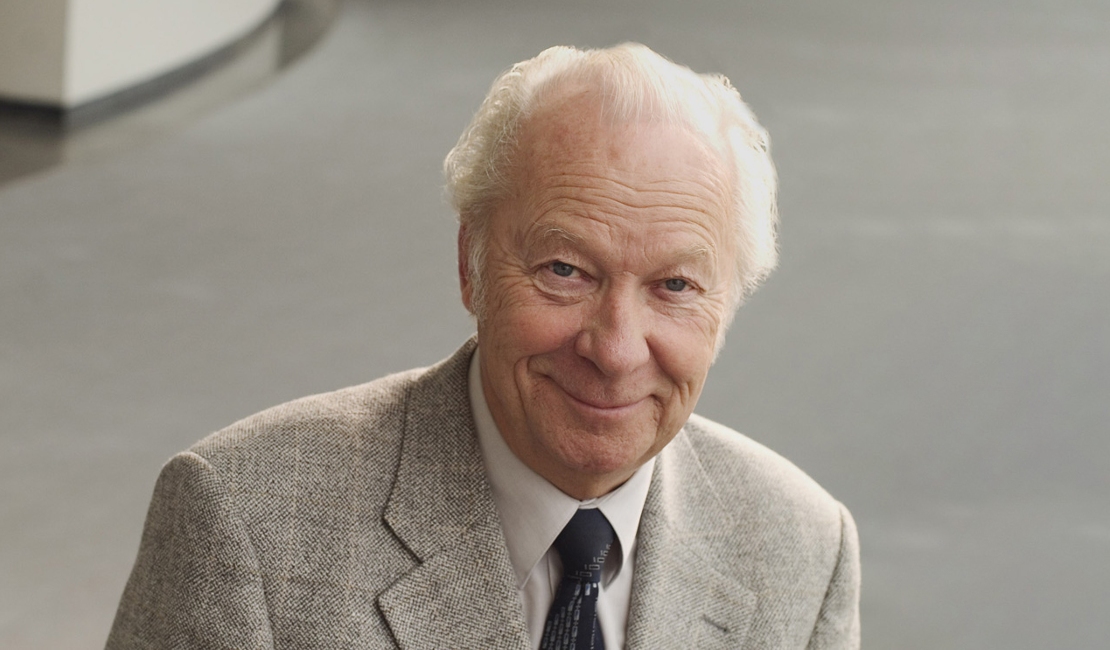The Operas of Aulis Sallinen

Two new productions of stage works by Aulis Sallinen open in January 2023. At first glance, The Red Line and The Barabbas Dialogues could not be more different; the former a grand opera concerned with social upheaval and political history, the latter a chamber-sized meditation on minor protagonists from the Easter story. However, taken together this pair of works illustrate the Finnish composer’s interest in the overlooked as well as his brilliance at depicting the human condition through music.
The Red Line
It is 45 years since the premiere of The Red Line at Finnish National Opera, during which time it has been performed around the world, including productions at Sadler’s Wells Opera, The Metropolitan Opera and in Moscow and St Petersburg. A DVD of Finnish National Opera’s 2007 production is available on the Ondine label.
The latest production of the opera is a collaboration between Turku City Theatre, the Archipelago Opera and the Turku Philharmonic Orchestra directed by Mikko Kouki and conducted by Ville Matvejeff. Performances take place at the Turku City Theatre from January 26 to February 17 2023.
Based on the novel Punainen Viiva by Ilmari Kianto to a libretto by the composer, the two-act opera is set in 1907, a watershed year in Finnish history during which elections were held, ultimately leading to Finnish independence in 1917. The action centres around a poor crofter, Topi, and his wife Riika as they struggle to feed their family on a homestead in the northern Finnish province of Kainuu. Extreme poverty is a way of life and at night a bear helps itself to what little livestock they own. News of elections and the promise of a new social order reaches them from the local town, offering some hope but also sowing the seeds of division between religious conservatives and the new social democrats. For Topi however, it is all too late and, as his children succumb to illness, in the final scene Topi comes face-to-face with the bear.
The Red Line is a work of both national and universal significance …Sallinen's score retains all its rugged energy, and though the story is bleak the music is not all stark. The confrontation between the old and new orders is evoked in a mixture of folk-inspired music and rousing, revolutionary choruses…. – Opera Magazine
Comprising a cast of seven main roles, eight subsidiaries and chorus accompanied by a large orchestra, Sallinen’s stylistic blend incorporates folk-inspired and quasi-religious melodies to evoke the confrontation between the old and new orders. Rich in orchestral colour, the powerful score is notable also for its lyricism, its vocal lines simultaneously conveying the outward plight and inner turmoil of the characters with depth and humanity.
The opera is available in Finnish, English and German language versions.
The Barabbas Dialogues
‘Is Barabbas Dialogues a song cycle, a chamber oratorio, a cantata, a piece of musical theatre or something else?’ Sallinen asks himself in his introduction to the work. ‘I haven’t troubled my head with this question. In the best of circumstances, a work of art creates its own world.’ This flexibility opens the piece up to a variety of approaches to its staging.
The Barabbas Dialogues will be presented by Oopera Skaala, an independent company that specializes in contemporary opera, exploring its boundaries with electronic music and dance. Four performances will take place between January 26 and February 14 at the Alexander Theatre in Helsinki. The production will include a new instrumental introduction, Nine Fragments for the Barabbas Septetto, which has been composed for the occasion.
The 50-minute work was composed for the 2004 Naantali Festival and comprises a cast of five, plus narrator, accompanied by a mixed ensemble of seven players. The text is taken from the Bible (in a modern Finnish translation from 1992) with additional material by Lassi Nummi and the composer. The drama focuses on Barabbas and Judas, two figures who play minor, but crucial roles in the Easter story. Each of the seven movements features a different combination of characters, whose juxtaposition creates the ‘dialogues’ of the work’s title, as much an exchange of ideas and influences as a conventional conversation.
The piece is available in Finnish, English and German language versions.
Other operas by Aulis Sallinen
Born in 1935, Aulis Sallinen experimented with serialism in his early career before finding his musical voice in a direct, diatonic language following in the lineage of Sibelius. Finnish culture is often present in his work, whether through direct quotation of traditional melodies or engaging in historical stories and folklore in his dramatic works. In addition to eight symphonies composed between 1971 and 2001, he is the author of numerous concerti, most notably his ‘Chamber Music’ series for solo instruments and string orchestra. Arguably his greatest achievement is in the field of opera, of which he has six large-scale dramatic works to his name. The earliest of these, The Horseman (1975) is, like The Red Line (1978), a social drama rooted in Finnish culture. The King Goes Forth to France (1983) and The Palace (1991-3) take a lighter turn, introducing elements of satirical whimsy. These are counterbalanced by Kullervo (1988) and King Lear (1999), tragedies exploring familial relationships and the bleakest aspects of the human condition.
Read more about Aulis Sallinen and explore his music
